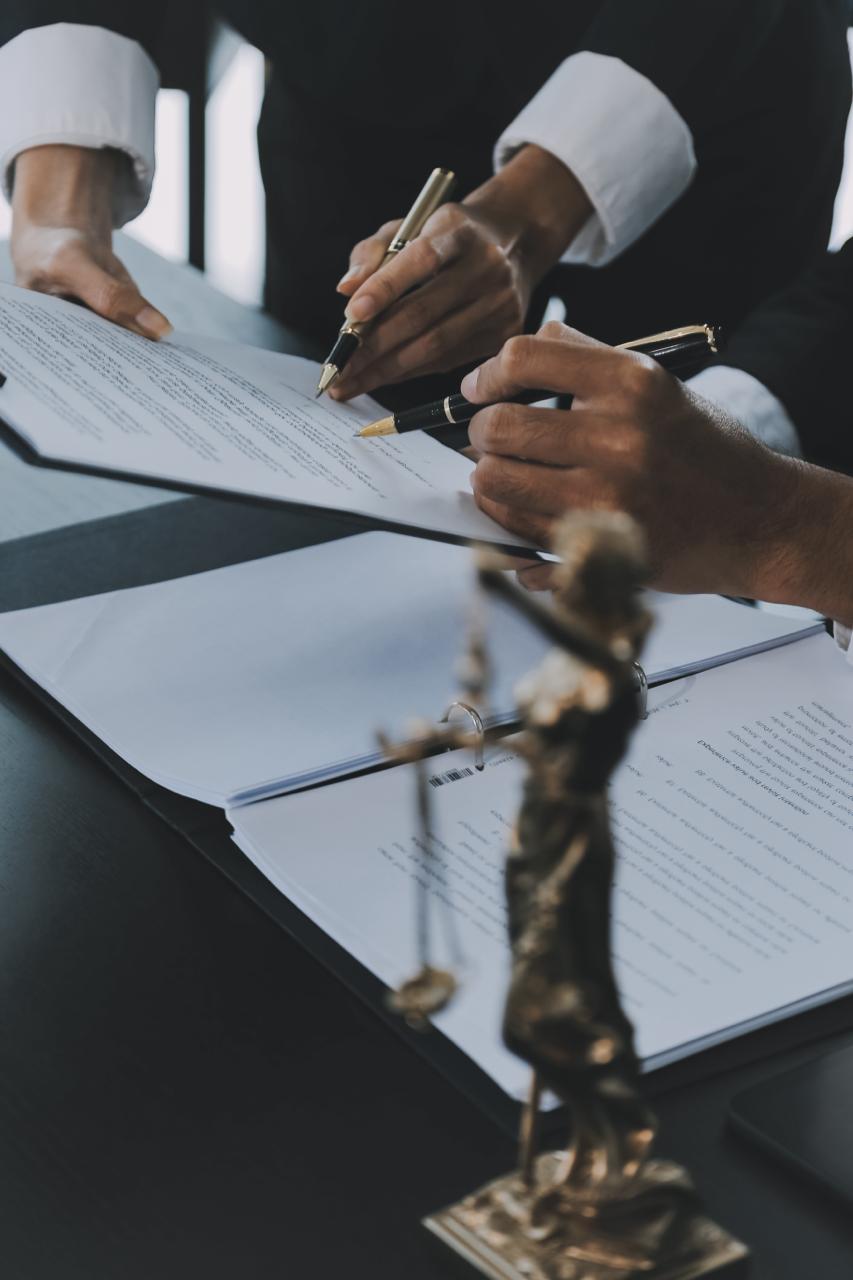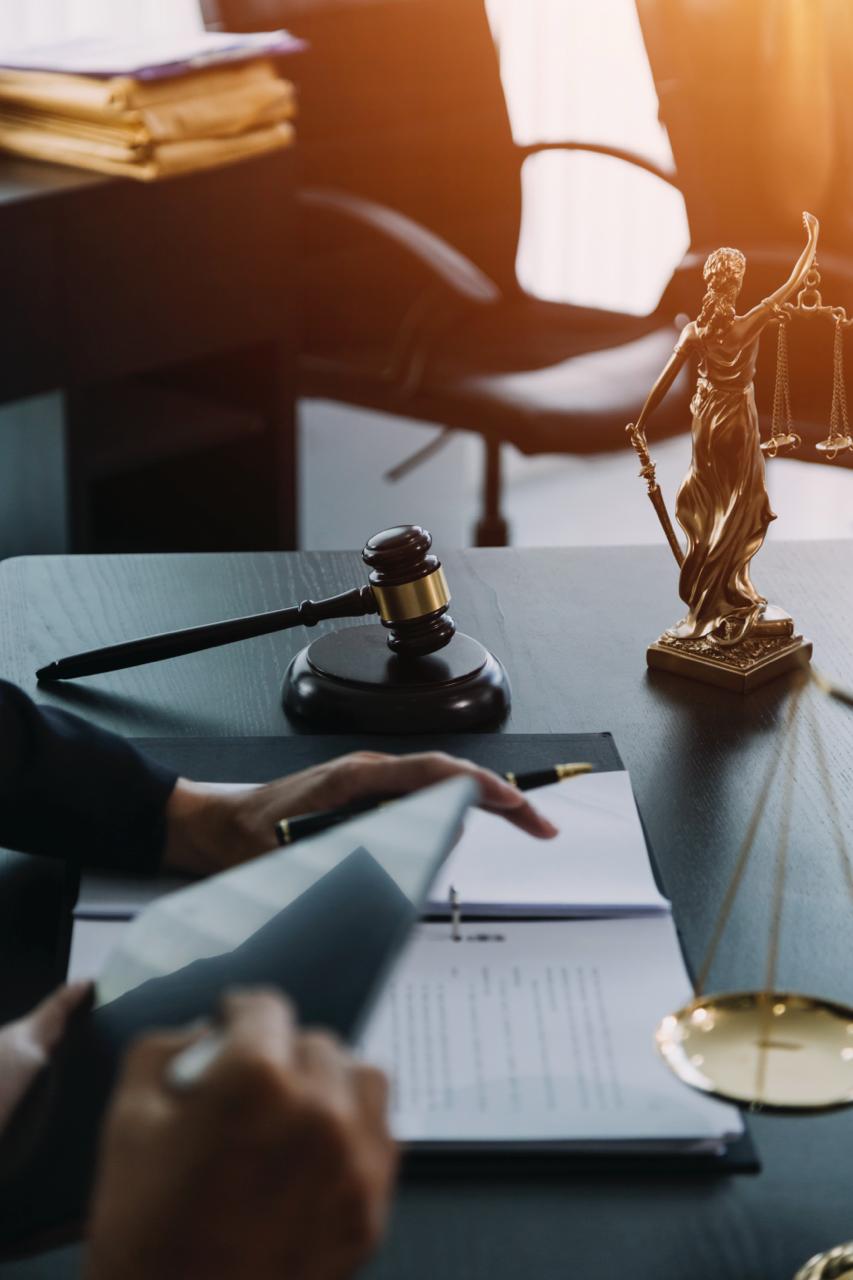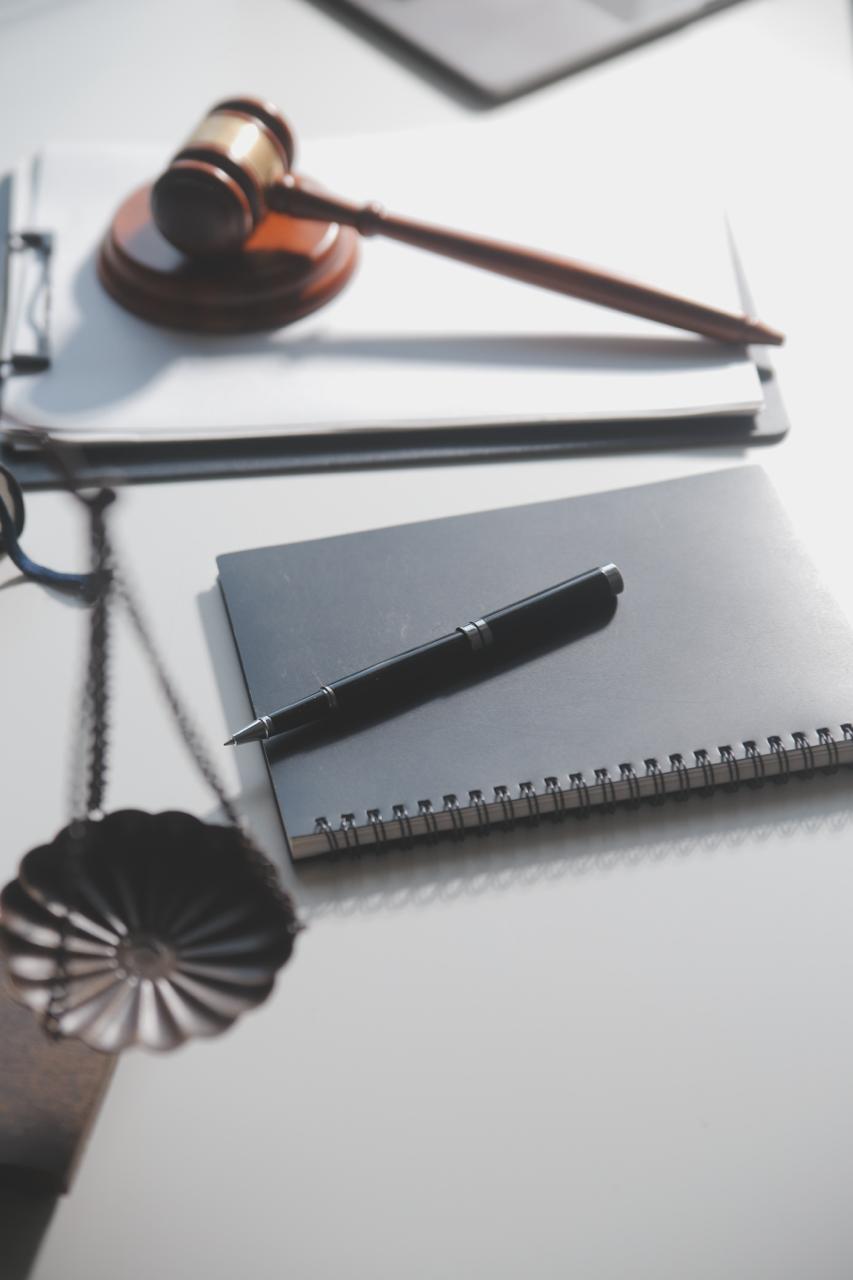Sometimes the interests of a company can suffer because of unscrupulous employees who use their official position to the detriment of the company. Such cases of abuse require an internal investigation and reliable information. The abuse of employees who have access to valuable business information (White Collar) is one of the most difficult to prove. In the internal investigation of abuse, it is impossible to do without competent specialists and lawyers.
What is the protection of the White Collar?
White Collar protection refers to the protection of persons accused of economic or financial crimes. The term White Collar comes from the fact that such crimes are usually committed in an office environment where employees wear white shirts or shirts with white collars. This type of crime includes financial fraud, corporate crimes, false representation of information, money laundering and other economic crimes.
The White Collar defense includes various aspects, including representing the interests of the accused in court, assistance in interrogations and testimony, legal advice, preparation for the trial, as well as the development of a defense strategy.
Lawyers specializing in the defense of White Collar usually have work experience and special knowledge in the field of criminal law and financial crimes. They assist the accused in defending their rights in court and provide advice on all aspects of the criminal case.
Usually, the purpose of abuse by high—ranking employees is the appropriation of finances, other material assets, redirection of the company’s financial flows for their own benefit, to the detriment of business interests. Abuses can be internal, intracorporate, or related to violation of state interests.














